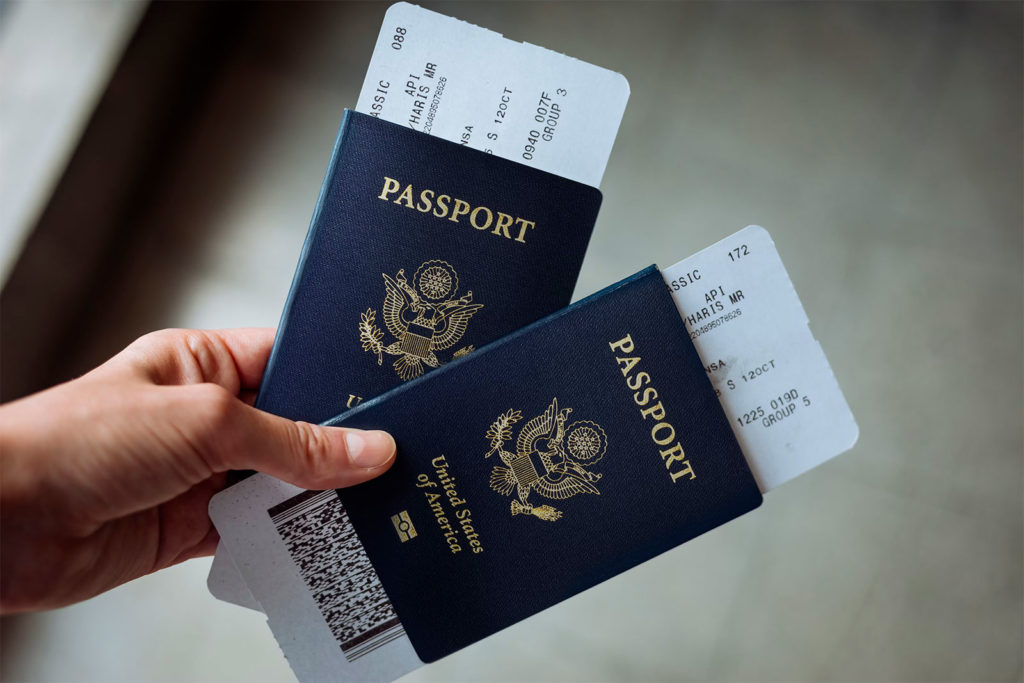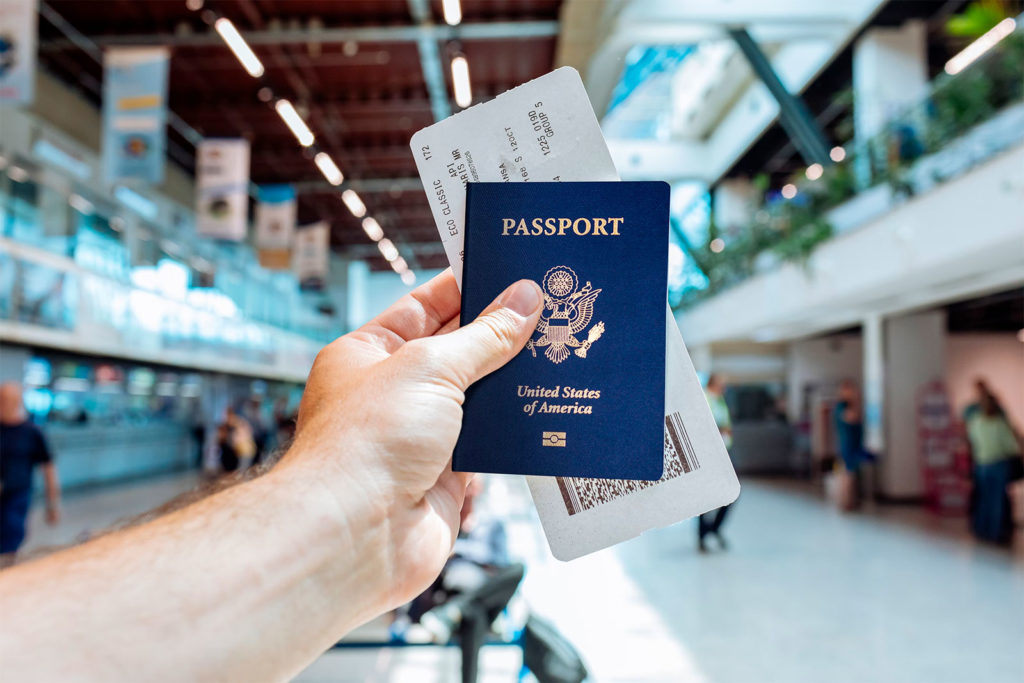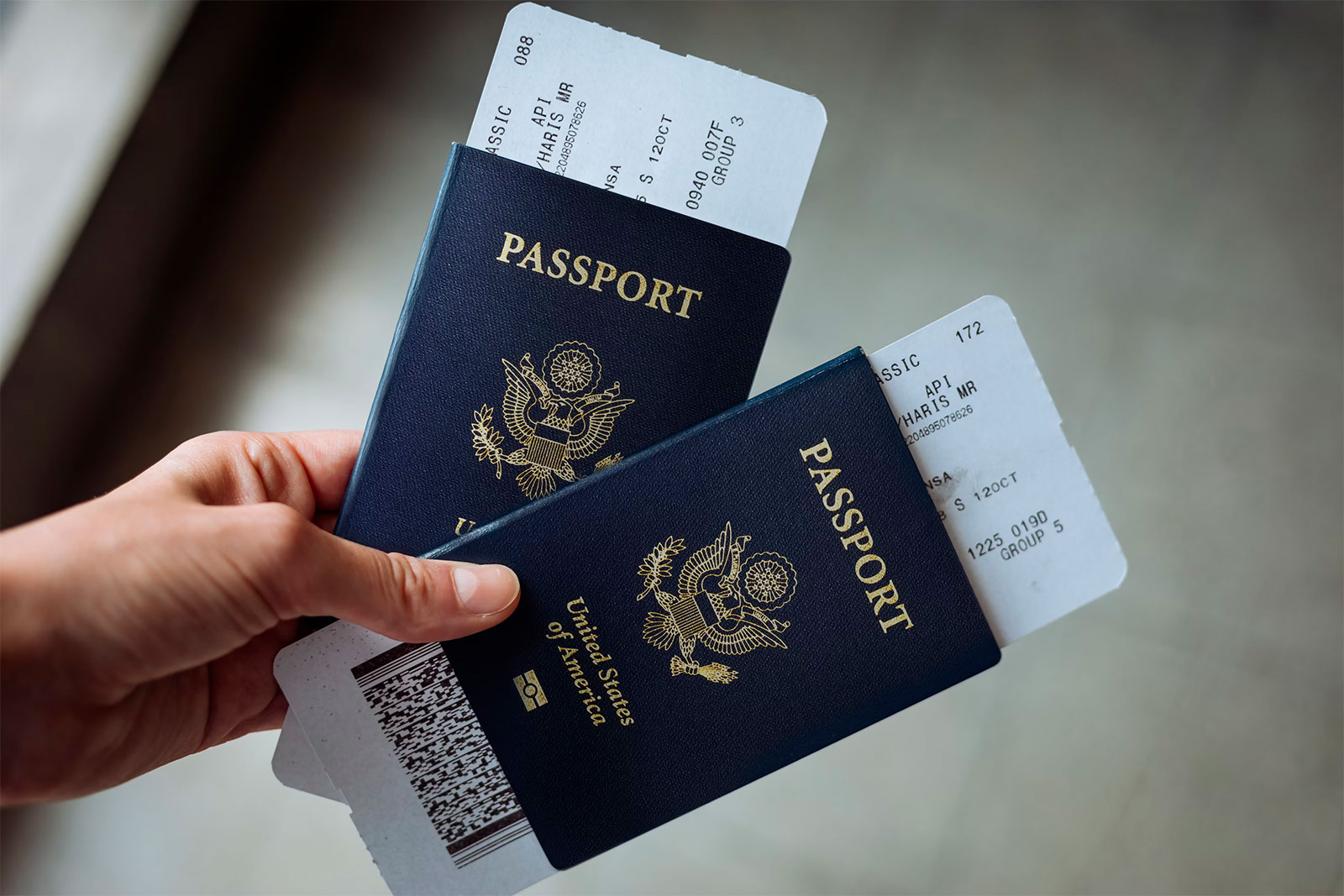This is a clear guide on formalities for France: visa requirements, documents, costs, and practical tips for US citizens travelling in France with ease in 2025.
Formalities for France
Travelling in France is straightforward for US citizens, but understanding the necessary formalities for France is crucial to avoid issues. These formalities include passport validity, visa requirements, health coverage, and customs regulations. France remains among the Schengen countries, imposing specific rules that apply to US passport holders.
Passport requirements and visa for France
Passport validity
US citizens must possess a valid US passport to travel to France. The passport must remain valid at least three months beyond your planned departure date from the Schengen Area. Although this is a minimum requirement, having a passport valid for six months or more is advisable to avoid potential travel disruptions.
Visa for France for short stays
For short stays of up to 90 days within a 180-day period, US citizens do not require a visa to enter France for tourism or business purposes. This visa exemption is positive for ease of travel. However, this duration covers travel within all Schengen countries collectively, so it is essential to monitor your time carefully.
Visa for France for extended stays
If your stay exceeds 90 days, a visa for France becomes necessary. You must apply for a long-stay visa (visa de long séjour) before leaving the United States. The application should be submitted to your nearest French Consulate or Embassy, such as the French Consulate in New York, Los Angeles, or Chicago. Processing time is typically four to six weeks, and fees range from €99 ($108, £85) for students to €225 ($246, £193) for certain residency categories. Payment is made at the consulate directly.

Documentation for travelling in France
Required travel documents
Besides your passport, immigration officers in France may request proof of onward travel, accommodation bookings, and sufficient financial means to cover your stay. A bank statement or credit card statement demonstrating at least €120 ($131, £103) per day is generally considered adequate proof of funds.
ETIAS requirements from 2025
Starting in 2025, US citizens must register with the European Travel Information and Authorization System (ETIAS) before travelling to France. ETIAS is an electronic travel authorization similar to the US ESTA. Travellers will need to fill an online form, providing personal details, passport information, and answering security questions. The cost will be approximately €7 ($7.65, £6), and approval typically occurs within minutes but may take up to 96 hours.
Health and insurance formalities for France
Health insurance
While health insurance coverage is not legally mandatory to enter France, having international travel medical insurance is strongly recommended. French healthcare, though high-quality, can be costly without insurance coverage. Typical medical consultation costs range from €25 ($27, £21) for general practice visits to over €100 ($109, £86) for specialist appointments. Ensure your policy covers at least €30,000 ($32,760, £25,740) in medical expenses and includes repatriation coverage.
Vaccination requirements
France currently does not require specific vaccinations from US visitors. However, staying updated on routine vaccinations such as measles, hepatitis, influenza, and tetanus is advisable.

Customs regulations and practical formalities for France
Customs regulations
Upon entering France, travellers from the US can bring personal items duty-free. Restrictions apply on alcohol and tobacco. The limit for duty-free alcohol is one litre (33.8 ounces) for spirits above 22% alcohol and two litres (67.6 ounces) for beverages below 22%. The tobacco allowance is limited to 200 cigarettes or 250 grams (8.8 ounces) of tobacco.
Carrying more than €10,000 ($10,920, £8,580) in cash requires declaration to customs upon entry and departure. Failure to declare large sums can result in fines and seizure of funds.
Driving in France
If planning to drive in France, your valid US driver’s license accompanied by an International Driving Permit (IDP) is recommended. The IDP serves as a translation of your license and can be easily obtained at AAA offices across the United States for approximately €19 ($20.75, £16).
French roads and highways use the metric system; speed limits typically range from 50 km/h (31 mph) in urban areas to 130 km/h (81 mph) on highways. Fines for speeding begin at around €68 ($74, £58) for minor infractions.
Travelling with minors
Minors travelling without both parents must carry an authorization letter signed by the absent parent(s). This notarized document can prevent complications at immigration checkpoints. Additionally, all minors must have individual passports, as France does not accept minors registered on their parents’ passports.
Addressing potential issues during travelling in France
If you encounter difficulties during your stay, the US Embassy in Paris and consulates in Marseille and Strasbourg provide consular assistance. They help with passport replacements, legal referrals, and medical emergencies. However, embassy services cannot override local laws or immigration rules, highlighting the importance of fully understanding all formalities beforehand.
Being well-prepared with documentation, understanding visa rules, and observing local regulations make travel smoother. Awareness of new systems such as ETIAS ensures seamless entry into France. The positive aspect is that formalities for France are relatively straightforward for US citizens, especially for shorter stays. Extended visits require more careful planning, particularly regarding visas and financial documentation.
XperienceFrance is your travel specialist in France.
